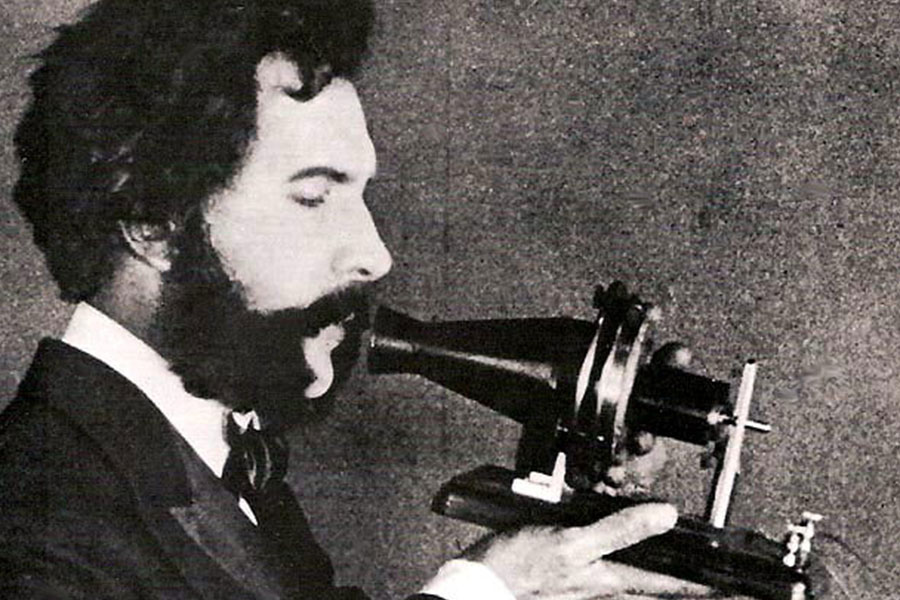Someone else may be developing your idea - Find out what you can do
Simultaneous invention, also known as multiple discovery theory, is the concept that many inventors create the same invention, at the same time, independently of each other. Read on to find out what it might mean for your idea.
Famous examples
Calculus
Let's start with calculus. Isaac Newton (the guy who discovered gravity supposedly when an apple fell on his head) published his method of "dot notation" calculus in the 17th Century and claimed to have invented it. When his fans discovered Wilhelm Gottfried Leibniz's "letter-based" calculus becoming more popular, they cried plagiarism. It turns out Leibniz published his notation in 1684, years before Newton. It seems they both invented calculus, totally independently of one another.
Natural selection
Natural selection - that was Darwin? It was, but lesser known Alfred Russel Wallace was also travelling the world studying animals and plants much like Darwin and came up with the idea of natural selection entirely independently, around the same time.
The telephone
How about the telephone? Invented by Alexander Graham Bell? Yes, but Elisha Grey also submitted a patent for the telephone on exactly the same day as Bell, apparently without any knowledge of what Bell had been working on.
Why does it happen so often?
Simultaneous invention happens because innovation is a collaborative effort and ideas are rarely born in complete isolation. New inventions are created to help with the ever-changing problems we face and are based on improvements that can be made to existing solutions. Very often when one new technology emerges, it opens up the possibility for many more inventions to be developed.
What it means for your idea
If you have an idea for a new product, it may be that someone else is thinking about or already developing something similar. Often, the best way to ensure you are recognised as the inventor of a new invention is to develop the idea and obtain a patent. This may also prevent your idea from being copied by someone else. If you are interested in protecting and commercialising your idea, book a confidential idea review with one of our professional advisers and find out what you can do to beat the competition.



